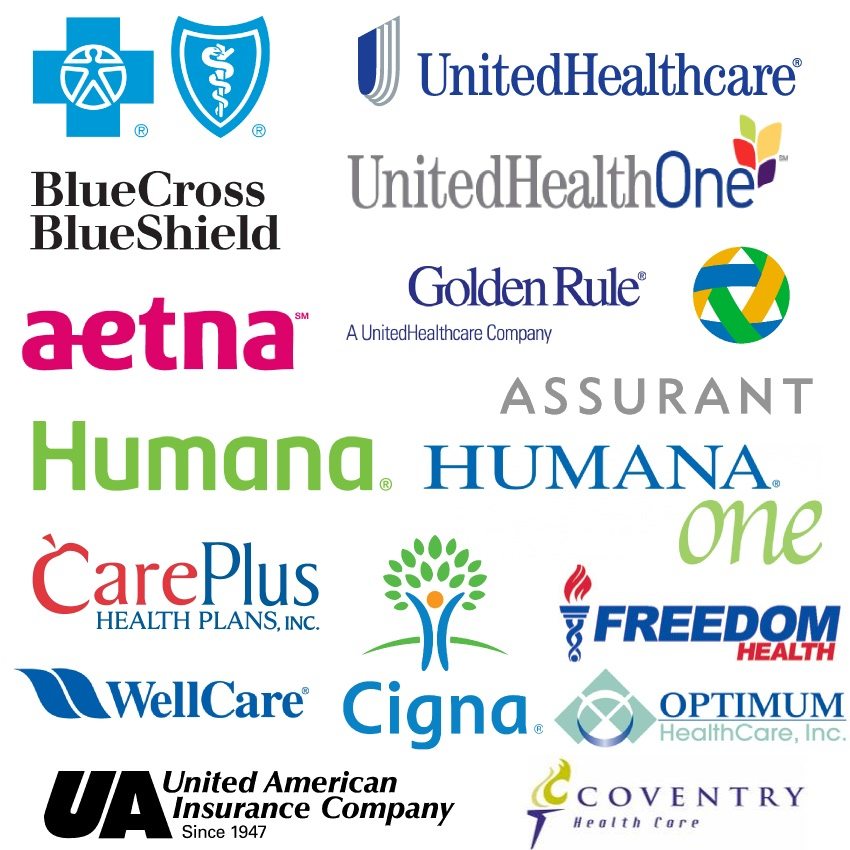

I’ve learned the hard way that when someone calls and sets up a new patient visit, how soon they bring up the subject of insurance has a high correlation with their chance of no-showing for the visit. Can anyone recommend a helpful response to “Do you take insurance?” or “You take insurance, right?” that gives the person a graceful out if this is a dealbreaker, OR a chance to gracefully clarify that they ARE still interested, if it’s not?I have a spiel that I launch into smoothly in response to this question about insurance. It uses the “shit sandwich” technique, of briefly saying something people likely don’t want to hear, between two lengthier things they likely do. I serve this sandwich with a heavy sauce of wishful thinking that my answer of “no” probably won’t be a problem for them anyway:
- Glad you asked! I’m happy to say that I take patients in all kinds of insurance situations. Privately insured, government insured, even uninsured patients are all equal here. The only thing you can’t use your insurance for here is my monthly care fee, which gets you as much of my services as you need for the whole month! You can still use insurance to pay for labs, meds, referrals, imaging — basically the things I don’t do in my office. But a lot of what my patients need I CAN do right here. Does that answer your question?
I’ve crafted and kept this spiel because it seems to do a good job answering the question honestly, without losing the person’s interest in my services. This mojo works pretty well if the question about insurance comes deep in the middle of our conversation. However, when the prospective patient asks about insurance right off the bat, I’ve found this spiel can have a different effect: It makes them say, “OK, see you tomorrow”, when they really want to say, “In that case I’ll pass, thanks.” It strikes me that someone uncharitable might even call my spiel manipulative, and feel that from their perspective, I gave them no room to withdraw their request without feeling like a jerk, especially if my “no” answer was unexpected and caught them off guard.I don’t want to scare away someone who might be a great fit for my practice. But if I have no other reason to go into my office one day, I’d rather stay home with my family than wait in vain for someone.
(THE ABOVE IS A TIP FROM AN ANONYMOUS DPC DOCTOR)